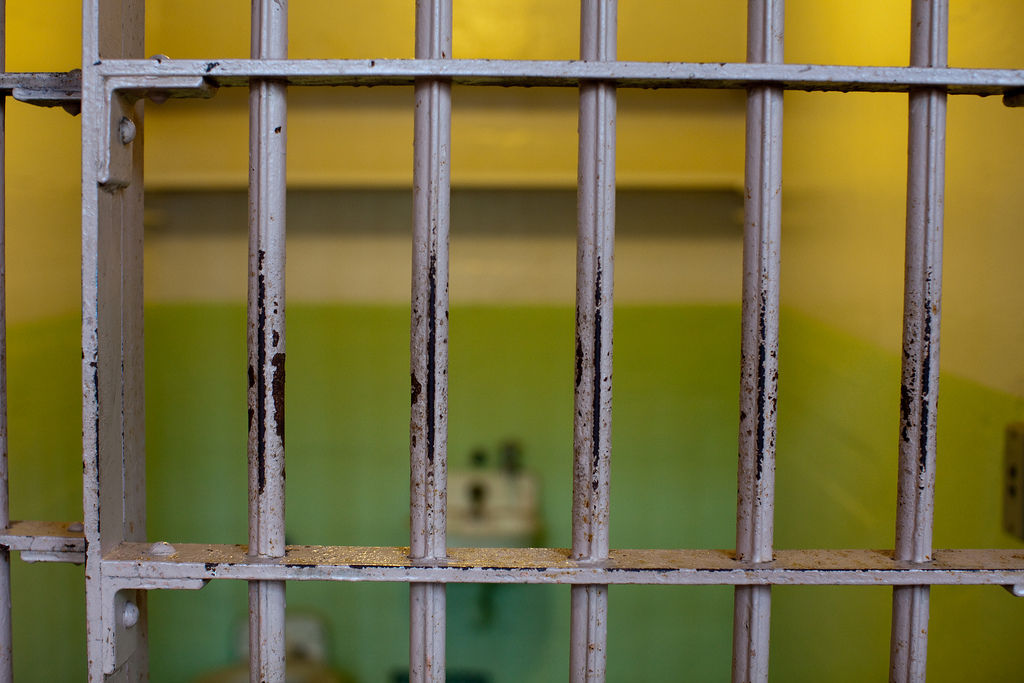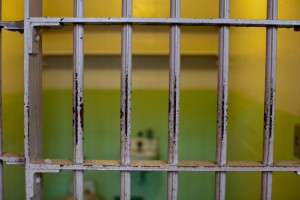
Religion’s Role in the Wild West of Immorality and Irresponsibility by Charles Franklin
- By WRN Guest --
- 16 Sep 2020 --
 Right conduct is a spectrum of action. For many people justice is the most important point on the spectrum. Justice is the society taking action against someone who has transgressed against the rules of society, from a parking violation to mass murder.
Right conduct is a spectrum of action. For many people justice is the most important point on the spectrum. Justice is the society taking action against someone who has transgressed against the rules of society, from a parking violation to mass murder.
Justice, is “the administration of deserved punishment or reward,” according to the dictionary, and when punishment is not deserved or is out of proportion to the action, then it is unjust, and brings about great social upheaval, as we are seeing in the protests and riots in American cities when cameras show beatings or shootings by police officers that appear savage or out of proportion for the wrong committed. People need to have certainty that the application of justice will be predictable and blind to race, religion, social standing, sex or other factors, and will be applied to everyone by the same standard.
But justice is only necessary when personal ethics are lacking. Below the level of justice are the rules of a society, enacted to – in the words of the Constitution’s preamble – “form a more perfect union, establish justice, insure domestic tranquility, provide for the common defense, promote the general welfare, and secure the blessings of liberty to ourselves and our posterity ….” And if everyone followed those rules, then justice would no longer be necessary. But people are people and we do not live in a utopia but in a society of laws and imperfect men and women.
So what are personal ethics, and how can they be improved? Dictionaries are even confused by this term, let’s just call it “right conduct.” So right conduct would be actions that are broadly helpful, and in the event of necessity to cause harm, those actions harm as little as possible.
For example, an ethical farmer would not graze his livestock on a neighbor’s land without permission. If a dog were killing sheep, the farmer might shoot the dog even if it belonged to a neighbor, and the farmer might ask the neighbor to reimburse him for the cost of the killed sheep. Personal ethics or right conduct would suppose that a person would take responsibility for his actions and if they resulted in harm, the person would help make up for the damage in proportion to the damage caused.
While “good fences make good neighbors,” as Robert Frost once said, ethical conduct would make even better neighbors. Unethical neighbors however, require many hundreds of pages to spell out right conduct and thus we have thick books of laws and armies of lawyers itching to stand up in court and argue. Cases may be decided on technicalities, one or both sides might feel the decision is unjust, the case rises up the hierarchy of courts until it reaches the Supreme Court, where if one disagrees with a decision, it’s because of the liberal majority or the conservative majority or the swing voter who’s never consistent, and so on.
So once again, how does one improve ethics and right conduct and what role does religion play in all this?
George Washington said in his farewell address in 1796: “Religion and morality” were the “great pillars of human happiness, these firmest props of the duties of men and citizens.” “National morality,” he added, could not exist “in exclusion of religious principle.” “Virtue or morality,” he concluded, as the products of religion, were “a necessary spring of popular government.”
So according to George Washington it is religious principle that lays the foundation of national morality, and is a source of popular government. Unfortunately, religious principle is in decline in the United States and elsewhere in the world, and as ethics and morality decline, laws and justice have become more pervasive, more punitive, more arbitrary and more unjust. It’s not the government, in other words – it’s us.
The Bible, for example, decries drunkenness, but in society today, we have developed and legalized or decriminalized many more substances than alcohol to dull the senses and alter reality. Government sees many people using marijuana and so legalizes it to find a new source of tax income. So many people are using hard drugs that some states have decriminalized possession of them, and supposedly legitimate publications advocate decriminalization as a good idea.
The Bible decries debauchery, and yet today, marriage is transitory, divorce is rampant, abortion is common, prostitution is permitted in some places, websites advertise affairs for married people and nearly half of all children are born into single-parent families and many of those roam the streets without a father’s example of responsibility and care. And none of these things are illegal! And so a huge gap has opened between ethics and justice, a wild west of immorality and irresponsibility.
Religion and morality which Washington called “the great pillars of human happiness,” are at low ebb. Virtue and morality, the “necessary spring of popular government” are in recess and popular government has devolved into a shouting match with little respect or acknowledgement of differing opinions, with little trust in the wisdom of the electorate. In such, a governor may order churches closed, and decree singing illegal because of a disease.
And even though one can fault the governor for usurping religious practice, are not religious leaders also at fault who insisted on in-person services and exposed vulnerable congregants to disease?
Ethics is a personal matter, a personal choice regardless of what the prevailing fad of government or neighbor or society may decree. And it is religious belief that informs that choice with eternal truth.
It may be legal for your neighbor to smoke marijuana and let the smoke drift into your yard but is it ethical? It may be difficult, but speak to your neighbor from religious principle, appeal to his reason, his own sense of ethics and morality – he or she has them, even if they may be in recession. Don’t be one of the “silent majority” who know better but say nothing, who defer to the loud minority determined to direct this society and nation – and all its freedom and opportunity – into oblivion.
Saying nothing in the face of unethical action makes one, at some level, a party to the wrongdoing and a participant to our society’s decline. It may not be the atomic bomb that erases our civilization, but the nods, winks and silence that meets immorality, unethical conduct and irresponsibility.
Charles Franklin is a retired minister who writes under a pseudonym.


















